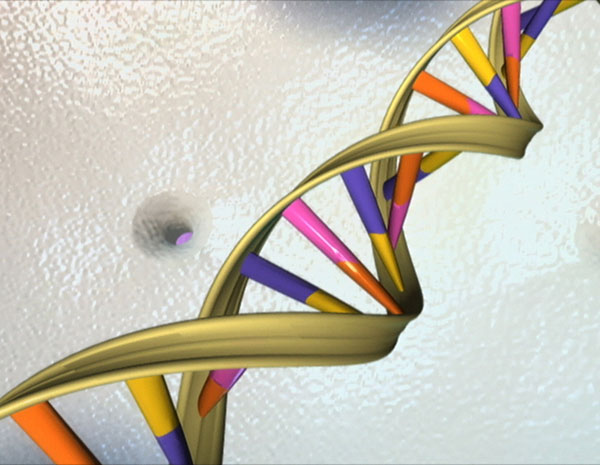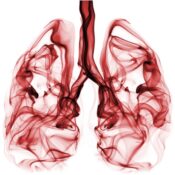Emerging research on genes and viruses may someday lead to a cure for hypertension. Researchers hope that new discoveries will yield new ways of treating or even preventing high blood pressure, a condition that now affects about one in three American adults (approximately 72 million people).
An analysis of the genetic blueprints of more than 29,000 participants identifies a number of previously unknown gene variations that are associated with hypertension and its two components: elevated systolic blood pressure and diastolic blood pressure. The data were presented at the American Society of Hypertension scientific meeting and published in the journal Nature Genetics in May.
“This study provides important new insights into the biology of blood pressure regulation and, with continued research, may lead to the development of novel therapeutic approaches to combat hypertension and its complications,” said Elizabeth G. Nabel, M.D., director of the National Health Lung Blood Institute, which provided funding for the study.
Blood pressure is regulated in part by one’s genes, and hypertension runs in families. Previous attempts to identify genes associated with blood pressure, however, have met with limited success.
“Large scale genome-wide association studies are providing a number of important insights into identifying genes that play a role in diseases with major public health impact,” explained Dr. Daniel Levy, first author of the study and director for the NHLBI’s Framingham Heart Study and Center for Population Studies. “We have identified eight key genes, few of which would have been on anyone’s short list of suspected blood pressure genes until now.”
Data from the NIH study show that each gene variant raised systolic BP by about 1 mm Hg or diastolic blood pressure by 0.5 mg Hg. Having multiple variations boosted one’s chances of hypertension and cardiovascular disease.
In other developments, a team of researchers led by Dr. Clyde Crumpacker of Beth Israel Deaconess Medical Center in Boston suggests that the ubiquitous cytomegalovirus is linked to high blood pressure, at least in mice. Dr. Crumpacker explained that their study suggests a chronic viral infection in the lining of blood vessels may trigger the body’s production of substances that lead to high blood pressure. The worldwide percentage of adults with cytomegalovirus ranges from 60 to 99 percent. While cytomegalovirus has been implicated with renarrowing of the arteries in heart transplant patients, the mechanism was unknown.
Further investigation will determine whether antiviral drug therapy might be useful in treating people with hypertension.
Become a Saturday Evening Post member and enjoy unlimited access. Subscribe now



